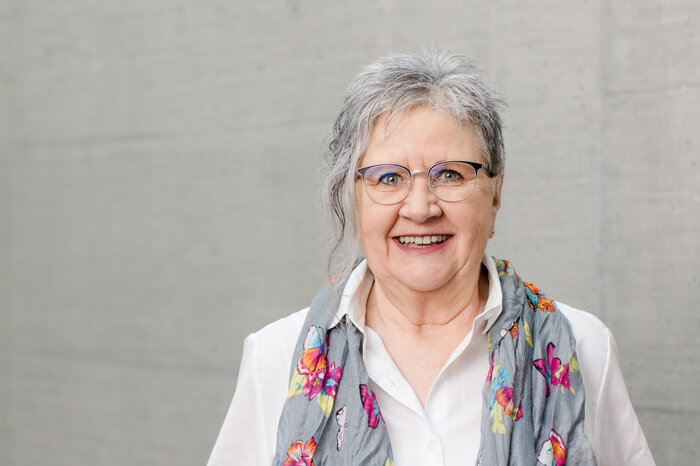Innovative sampling solution
Older people with a UTI show fewer symptoms than younger people, although a UTI has a greater impact on their health, especially if the individuals have underlying conditions such as dementia. Therefore, it is necessary to detect a UTI early by diagnosing a urine sample. Many older people require the assistance of a caregiver to provide the urine sample. The process of urination can take up to an hour, especially if the person suffers from incontinence. During this time, the affected person sits on the toilet, knowing that the urine sample is being waited for. This procedure is unpleasant, undignified and sometimes painful for the affected person. This also applies to the insertion of a catheter.

International Project Ucollect
The international consortium (Research Centre User Centred Technologies of the FHV, Austria; Texible GmbH, Austria; Municipality of Brønderslev, Denmark; LifeSense Group B.V., Netherlands; Archipel Zorggroep, Netherlands) of the Ucollect project set itself the task of developing an innovative and portable urine collection solution (Ucollector). In nine months, a first prototype was designed and developed to provide proof of concept. Integrated into the Ucollector is also a sensor that detects when the required amount of urine for diagnostic purposes has been collected. A notification is then sent to the caregiver via a smartphone app so that the caregiver knows to return to the:the senior:in to remove the portable container and prepare the sample for the laboratory (see Figure 1). For caregivers, such a product means an ease in planning the daily routine. Above all, however, such a solution offers dignified handling for the persons concerned and saves them from unnecessary pain and stress. They can move freely and thus this product supports the mobility and independence of the elderly.
First field tests
First field tests took place in Denmark with senior citizens from the municipality of Brønderslev and in the Netherlands with caregivers from the Archipel Zorggroep (10 people in total). It became apparent that some improvements were still needed. For example, the Ucollector did not always stay in the position where it should be, there were sometimes problems with the app and sometimes not enough urine was collected. Laboratory evaluation of the urine samples obtained in this way sometimes revealed contamination with skin and mucous membrane bacteria of a magnitude that also occurs with the "conventional" method. The latter indicates that the required quality of the urine sample is achieved.
In particular, however, it should be noted that all test subjects found the Ucollector comfortable to wear and a more dignified alternative to the conventional method. The caregivers also found the manageability of the prototype to be good and were also able to make constructive suggestions for improvement.
Further procedure
During the Ucollect project, the goal was to provide proof of concept. This could be demonstrated with the primary goals, a dignified approach to providing a urine sample, facilitation for caregivers, and required quality of the urine sample. The problems that were shown in the initial tests can be taken into account and worked on in further development.
The project will end in mid-January 2022, but a follow-on project in which the prototype can be developed to market readiness is already being targeted by the consortium.
Ucollect is being carried out as part of the EU AAL program and is funded by FFG, Austria; Innovation Fund Denmark, Denmark; and ZonMw, Netherlands.
Contact
Further links
January 2022





